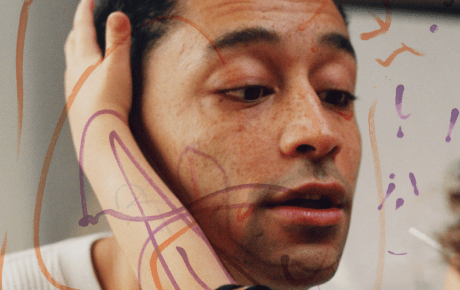Their fans had known it was coming for some time, but the night of January 14, 1970 was an emotional one for lovers of the Supremes.
Late in 1969, Motown Records had let it be known that Diana Ross would soon be leaving the superstar trio to forge a solo career. The group ended the year where they had been so many times throughout the 1960s: at the top of the Billboard Hot 100, with Ross’ final single as a Supreme, “Someday We’ll Be Together.” Unbeknown to the public, and with heavy irony, her bandmates Mary Wilson and Cindy Birdsong didn’t actually appear on the song.
By the new year, not only was Ross preparing her first solo material, but the group, with new member Jean Terrell, had started recording their first album without her. That set, Right On, was released in April 1970, by which time the retooled trio were already in the charts with its lead single “Up The Ladder To The Roof.” Diana would soon join them there with her first solo 45, Ashford & Simpson’s “Reach Out And Touch (Somebody’s Hand).”
But amid such busy forward planning, there was still time for a tumultuous public goodbye. On January 14, at the New Frontier Casino & Hotel in Las Vegas, Ross, Wilson and Birdsong (herself the successor to Florence Ballard, from 1967 onwards) gave their last concert together.
Smokey Robinson and Marvin Gaye were among the Motown colleagues in the audience to see the performance, which was released on the album Farewell, surprisingly only a No.46 success in the US charts. It was reissued as Captured Live On Stage! in 1992. The show included a medley of early Supremes classics as well as full versions of later hits such as “Reflections,” “Love Child,” and of course, a closing “Someday We’ll Be Together.”
“I’d like to thank the Frontier Hotel and of course all of our fans and everyone that’s been with us over the last ten years,” said Diana, before introducing Terrell to the audience. Precisely six days later, Ross was in the studio recording “Reach Out And Touch,” and for Supremes fans, the 1960s were officially over.












